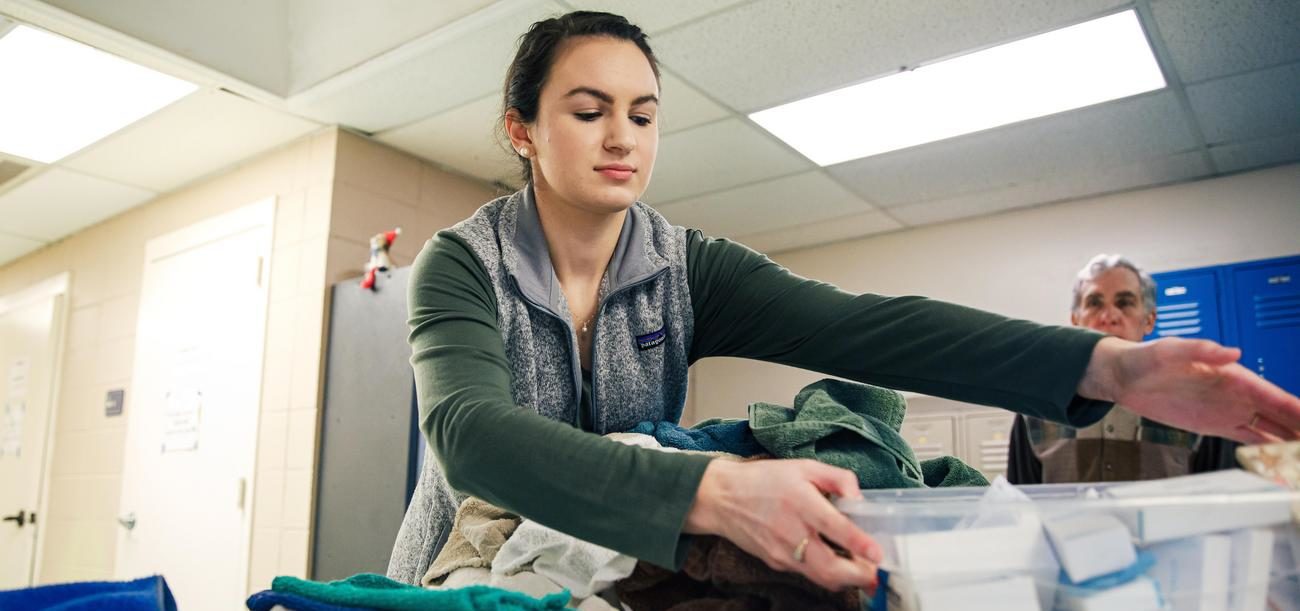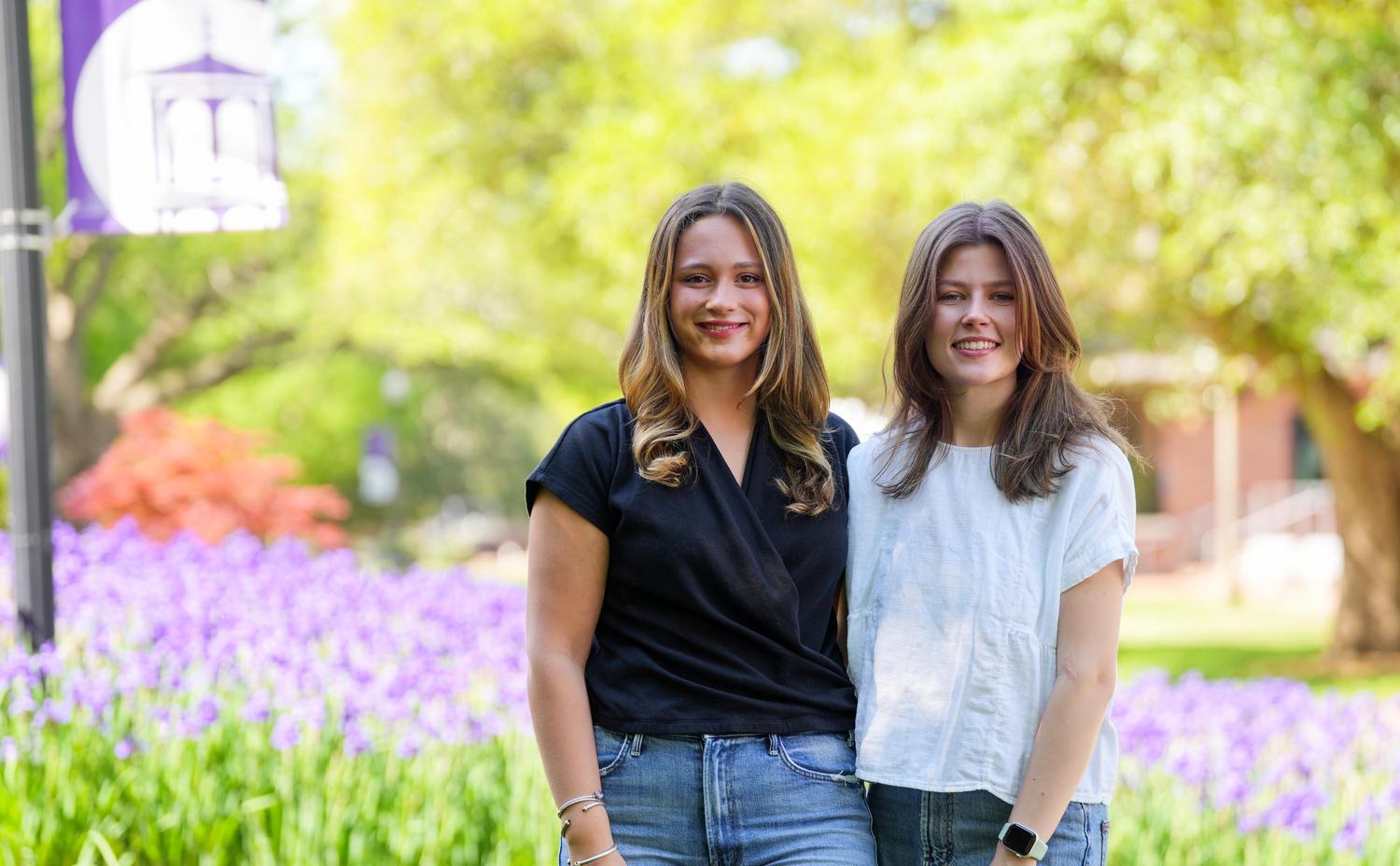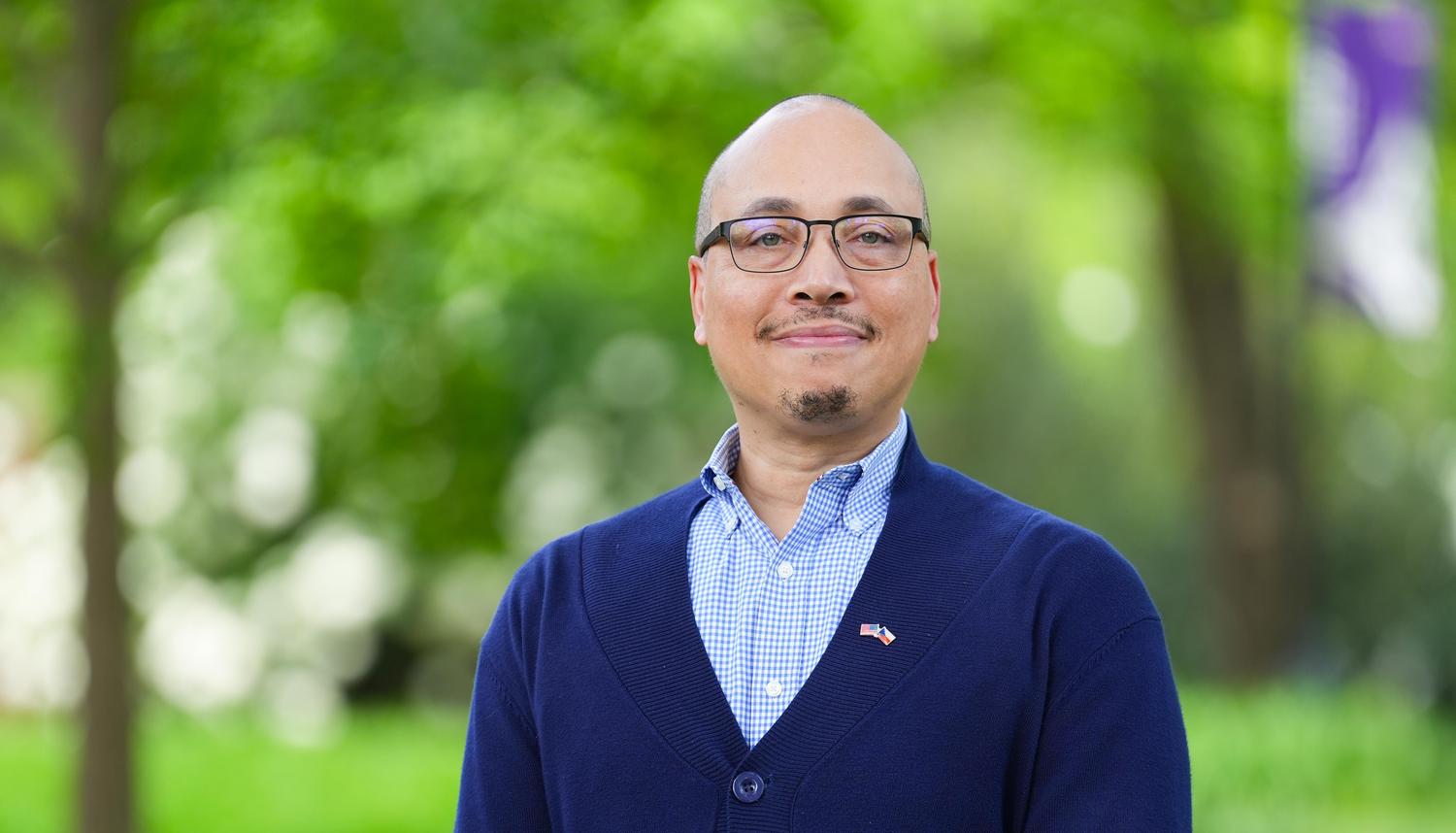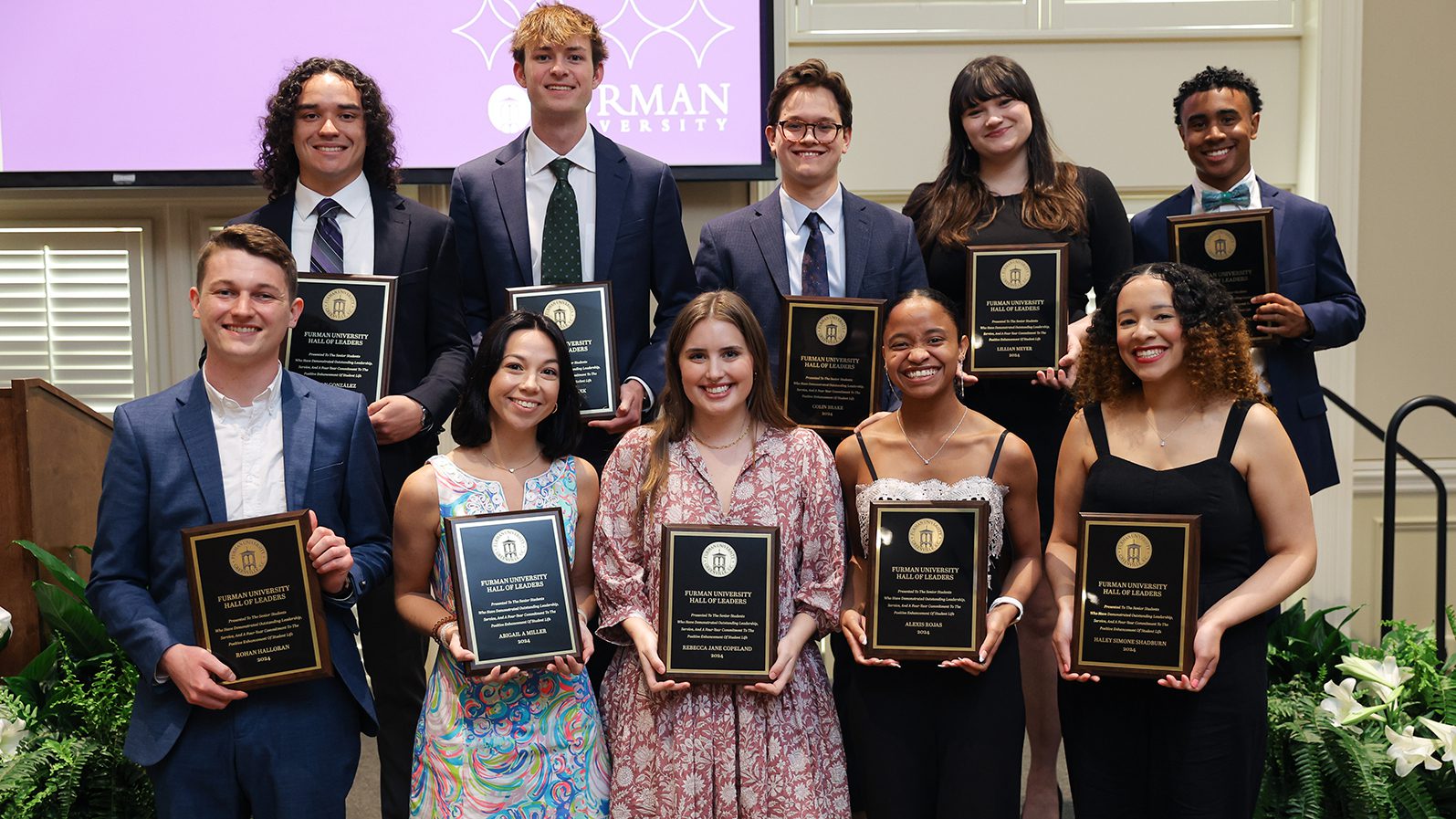Program Overview
Table of Contents
What is a poverty studies minor?
Poverty is among the oldest and most intractable problems faced by humankind. Well over half the world lives in severe poverty, including tens of millions in wealthy countries. The poverty studies minor brings students face-to-face with this reality. The minor combines courses from several different academic disciplines into a secondary program of study meant to complement a student’s major. Students from a broad range of majors, from humanities to the hard sciences, are encouraged to have informed, critical conversations about what it means to live in poverty, its causes, and how poverty might be addressed and alleviated through individual and institutional actions from a broad variety of perspectives.
Why minor in poverty studies at Furman?
As a private liberal arts and sciences university, Furman provides an exceptional environment for multidisciplinary studies, allowing students to find connections between multiple areas of interest. The poverty studies minor includes course options from several different academic disciplines. Small class sizes give students greater access to professors who are among the best in their fields. Our focus on engaged learning leverages Furman’s strong undergraduate research, internship and study away opportunities. Visit our campus or request information to learn more.
How will you learn?
The poverty studies minor balances coursework and research with real, practical experience. Students will study poverty locally, nationally and globally from a variety of academic disciplines. In addition to coursework, during a fully funded 8-10 week summer internship, students will work directly with people living in poverty, getting to know them as individuals and learning their stories and perspective. As the only minor program at Furman that requires an internship, poverty studies helps students understand the complexity of the issue while also contributing to the efforts of the many organizations attempting to address it at home and around the world.

Careers for poverty studies minors
Poverty has no single cause, and it will have no single solution. As the problem expands worldwide, a wide range of organizations and professionals may find themselves working in some way with populations experiencing poverty.
A poverty studies minor can be useful in a broad array of careers, such as:
- Social worker
- Lawyer
- Health care professional
- Community organizer or leader
- Nonprofit director
- Researcher
- Teacher
Featured poverty studies courses
-
689Bpeople worldwide living in extreme poverty
-
No. 6rank of Furman among National Liberal Arts Colleges in the Southeast, according to U.S. News and World Report
-
94.6%full-time faculty at Furman with the highest degrees in their fields
What our students say
Our faculty

David Gandolfo


Poverty Studies Minor F.A.Q.
Like declaring a major, students meet with the minor chair to work out the details.
There is no limit to the number of minors a student can declare.
A minor program is an excellent way to explore further interests, gain additional skills appealing to future employers, and discover connections between different subjects you’re passionate about. Many students find that taking on a minor makes for a more well-rounded and complete educational experience.




